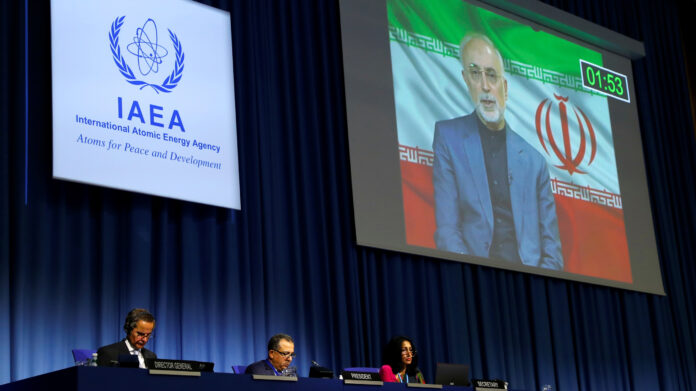Author: Ali Akbar Dareini
Affiliation: Center for Strategic Studies, Tehran, Iran
Organization/Publisher: Aljazeera Centre for Studies
Date/Place: March 7, 2021/Doha, Qatar
Type of Literature: Analysis
Number of Pages: 14
Keywords: Maximum pressure, Sanctions, Virtual Deterrence
Brief:
The US is facing the consequences of unilaterally pulling out of the Joint Comprehensive Plan of Action (JCPOA), and adopting a “maximum pressure” foreign policy. Iran has stopped abiding by the additional protocol of the International Atomic Energy Agency (IAEA), barring intrusive inspections. The EU’s failure to commit and the US pullout forced Iran to reduce its commitment to gain leverage, but who takes the first step is a different question. Iran insists on strict adherence to the original JCPOA and the revoking of sanctions, meanwhile the US bides its time in order to pressure Iran into further concessions. Biden has changed Trump’s tone but still follows the same paradigm, so Iran’s best chance is to increase enrichment levels to pressure the US. A wiser approach is to reduce sanctions and prevent actions that distance the parties away from agreement, because the US is losing time as the next elections (after March 21) could bring a government less eager to comply. The American approach also seeks to expand negotiations to non-nuclear matters to appease the Saudis and Israelis, that is out of question for Tehran and would not lead to fruitful negotiations. Iran currently uses virtual deterrence on the Americans by becoming a de facto nuclear power, as to not have nuclear weapons but able to make one at will. If negotiations fail, the worst-case scenario will be the West losing hold on Iran’s nuclear activity, and Iran facing the full brunt of sanctions and an international consensus accompanied by internal rifts.
By: Omar Fili, CIGA Research Assistant




